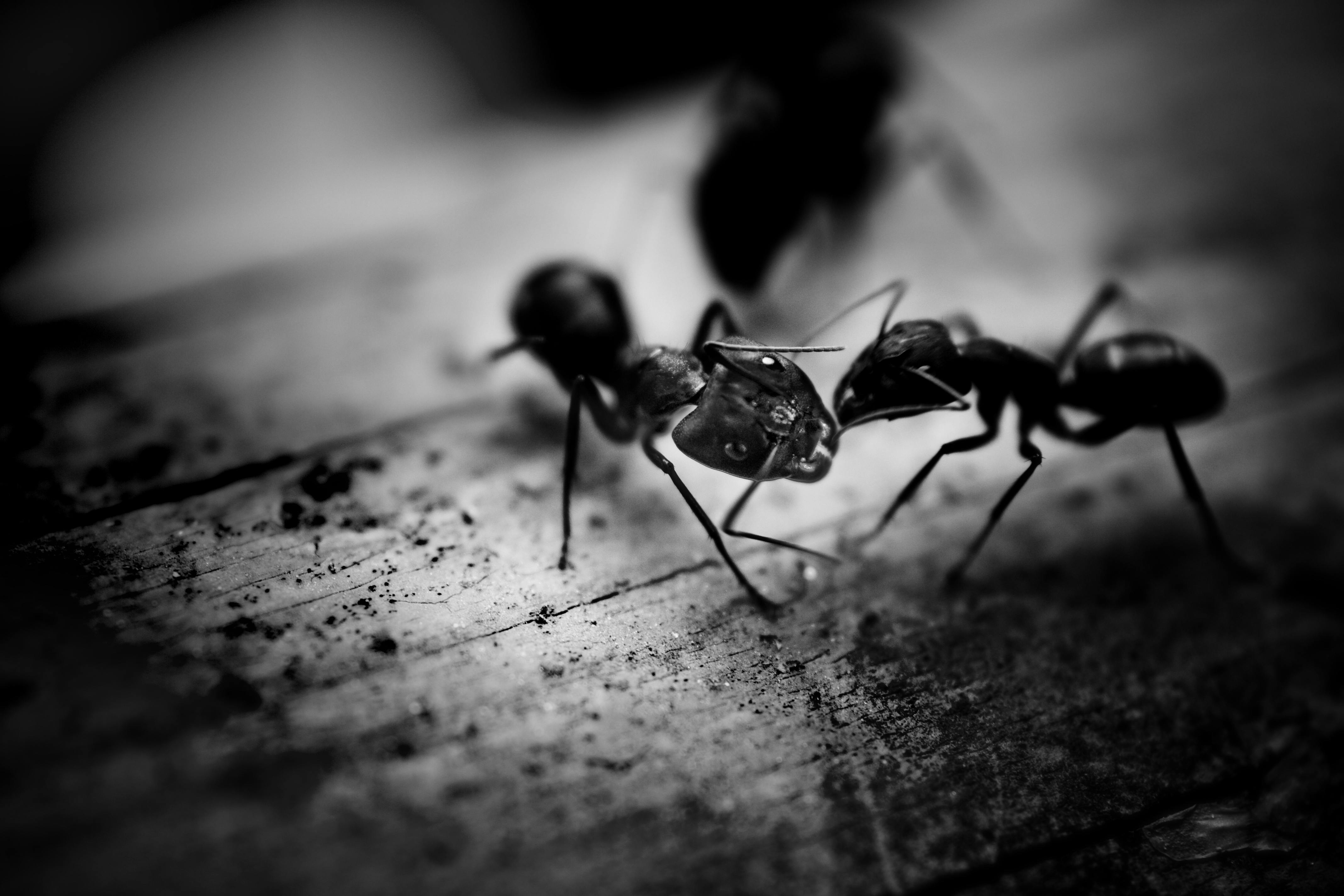The Intriguing World of Ant Farms: A Comprehensive Overview
Engulf yourself in the captivating world of ant farms, their historical context, recent developments, and their profound impact on understanding social behavior in insects. This unique hobby is more than just a pastime—it’s a doorway into the intricate world of ants.

The Genesis of Ant Farms
Ant farms, also known as formicariums, trace their origins back to 1900 when French entomologist Charles Janet created the first prototype. Janet’s invention was intended as a tool for studying ant colonies and their behavior. However, it wasn’t until 1956 when Milton Levine popularized the concept in the United States, transforming it into a fascinating hobby for children and adults alike. Levine’s “Uncle Milton’s Ant Farm” became a household name, sparking a demand for these miniature ecosystems.
Modern-Day Ant Farms: A New Trend
Fast-forward to the 21st century, and ant farms have evolved significantly. Today’s ant farms are not only larger and more intricate but have also become a tool for scientific research and education. There’s an increased interest among educators to use ant farms as a means to teach students about ecosystems, biology, and social behavior. Additionally, the rise of online communities dedicated to ant farming, such as AntsCanada on YouTube, has led to a resurgence in the hobby’s popularity.
Economics of the Ant Farm Market
The ant farm market has seen substantial growth over the past decades. Most basic ant farms range from $15 to $30, making them an affordable hobby for many. However, prices can escalate for more intricate setups, reaching several hundreds of dollars. Remarkably, a market also exists for ant queens, with prices varying based on the species. Despite its niche status, the ant farm industry has made a notable impact on the pet market.
The Science Behind Ant Farms
Ant farms are more than just a hobby—they offer valuable scientific insights. Ants are eusocial insects, meaning they live in complex, highly organized societies. By observing ant farms, scientists and enthusiasts can learn about ant behavior, including how they communicate, forage for food, and construct intricate tunnels. This knowledge is not only fascinating but also contributes to our broader understanding of social insects.
The Art and Accessibility of Ant Farming
Ant farming has become an accessible hobby for many due to its affordability and the wealth of resources available online. New enthusiasts can easily find all the necessary equipment and information to start their own ant farm. The hobby also offers a balance of depth and accessibility, allowing hobbyists to delve as deeply as they wish into the intricacies of ant behavior. This makes ant farming a welcoming hobby for both novices and experts.
In conclusion, ant farms offer a unique blend of education, science, and entertainment. They serve as a window into the complex world of ants, offering valuable insights into their behavior, social structure, and adaptability. As this hobby continues to grow and evolve, we can expect to see even more fascinating developments in the world of ant farms.




